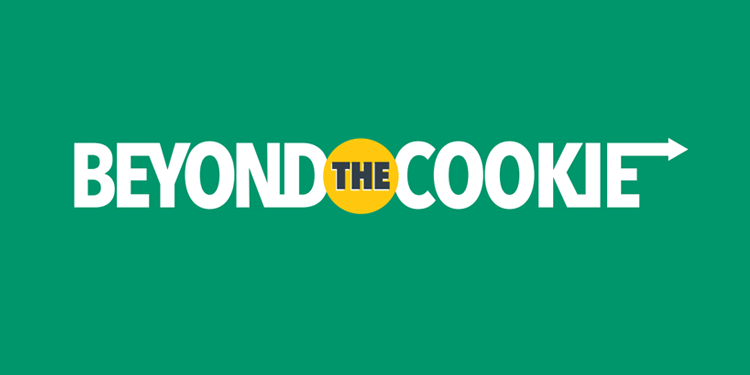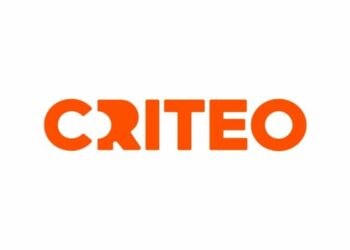Lotame, a flexible data solutions provider to future-proof connectivity and drive performance across all screens, today released findings from its ‘Beyond the Cookie: Next Generation Customer Acquisition & Retention for Marketers & Publishers’ report. This third report in Lotame’s ‘Beyond the Cookie’ research series examines how marketers and publishers are addressing customer acquisition and retention in the runup to a post third-party cookie digital advertising landscape.
Conducted in September 2022, the report polled over 1,400 respondents across seven global markets (U.S, UK, Mexico, Australia, Colombia, India and Singapore) to examine identity’s role in the cookieless future, how they are building a next-gen tech stack and their advertising investments today and in the future. Key findings include:
Urgency to adopt identity solutions has doubled as limitations of email cause frustration
Despite Google’s delay of third-party cookie deprecation, marketers and publishers now see identity as a more urgent priority, as reported by 36% of respondents. The urgency to test and use identity solutions has doubled year-over-year (YoY) and there are near-even levels of interest in testing across all solutions, with probabilistic solutions seeing the highest growth at a 50% YoY increase.
As the newest entrant to the identity space, Google Topics is the most popular identity solution, actively used or tested by 71% of respondents. Authenticated email usage came second at 67% usage with near flat growth YoY, and is held back by limitations in scale and inability to acquire new customers, with both issues reported by 30% of users. Future-proofing is a further concern, as 58% of respondents stated email-based identity solutions still used third-party cookies.
Marketers and publishers investing in customer data across their tech stacks
Customer data platforms have grown in popularity with more than two in five (44%) marketers and publishers currently using the technology as part of their martech stack. Personalization and data consolidation are the primary use cases, at 44% and 42% respectively. Although satisfaction with CDPs is very high — as reported by 61% of users — two in five (39%) see room for improvement.
As a still nascent technology, clean rooms are steadily gaining popularity among publishers, as 48% use them, compared to 37% of marketers. Almost all clean room users have faced some level of challenge, with nearly half (47%) reporting privacy as a challenge and 39% citing budget. Interestingly, 58% of marketers cite budget as the main reason why they don’t plan to use clean rooms.
When it comes to their adtech stack, marketers and publishers are keen to invest in collecting unknown customer data in addition to known customer data. More than a third (37%) say they plan to adopt data management platforms within the next six months to a year.
Concerns over walled gardens’ dominance exists, while programmatic spending forecasts tighten
Despite Google’s Topics’ popularity — boosted by the recent release of the much-anticipated platform — many respondents are troubled by overreliance on walled gardens. More than a third (36%) are concerned about growth if they can’t target beyond walled gardens and 31% feel constrained by having to work within them.
Though marketers are not thrilled by their options, 37% plan to increase their investment in walled gardens next year, up from 18% in February 2021. This is likely to come at publishers’ expense, as more than half (54%) of marketers predict a reduction in programmatic spend over the next year and only a third expect an increase.
“This global study offers a clear picture of the current state of play. Marketers and publishers are highly focused on their needs for marketing and prospecting,” said Andy Monfried, Founder & CEO of Lotame. “The loss of precision in the walled gardens is likely an accelerating force in this trend. We see tremendous interest in next-generation tools for audience building, enrichment and activation. As brands take stock of the insights and analytics they can secure for known customers with a CDP, the market remains hungry for simple, effective tools that can expand those insights to the open web while minimizing new customer acquisition costs.”
“Marketers’ concerns about walled gardens highlight the need for cross-platform identity solutions built for the open web,” added Monfried. “Centralization impedes innovation and creates unhealthy dependency on a handful of tech giants at a time when the industry should be pushing for interoperability across a wide array of independent marketing technologies.”
Access the global report here.
















